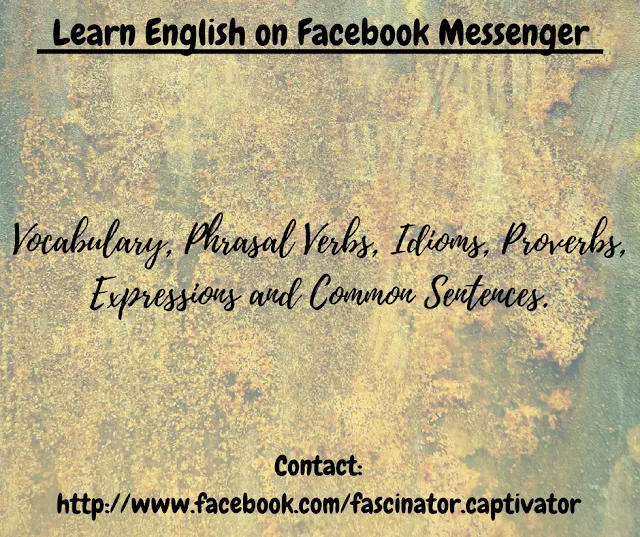English has more than 400 millions native speakers, and 750 millions non-native speakers. It is only a survey conducted by different institutions. Accurate figure of E-L speakers around the world cannot be made definite because numbers are increasing every day. The more time passes, the more speakers join the circle.
There are countless number of methods to teach a language and it can also be created for a specific situation. Some of the methods are given below.
1. The Direct Method
This method is used in teaching foreign languages in which learners are refrained from using their mother tongue and use only the target language. In this method, experience and expression, words and phrases, idioms and meanings, rules and performances through the teachers' body and mental skills are used to demonstrate the real meaning. it focuses on vocabulary building.
2. Audio-lingual Method
3. The Lexical Approach
This method focuses on the idea that, rather than have students memorize lists of vocabulary, they would learn commonly used phrases. They are made able to produce lexical chunks e.g. by the way, out of my mind etc.
4. Task Based Language Learning
The idea of this approach is task completion. Tasks are set by the teacher and students are expected to draw on their pre-existing knowledge of English to complete the task with as few errors as possible.
5. The Grammar Translation Method
There are countless number of methods to teach a language and it can also be created for a specific situation. Some of the methods are given below.
1. The Direct Method
This method is used in teaching foreign languages in which learners are refrained from using their mother tongue and use only the target language. In this method, experience and expression, words and phrases, idioms and meanings, rules and performances through the teachers' body and mental skills are used to demonstrate the real meaning. it focuses on vocabulary building.
2. Audio-lingual Method
This method is same as 'the direct method' but is used to focuses on specific grammar teachings. It emphasizes the teaching of listening and speaking before reading and writing.
3. The Lexical Approach
5. The Grammar Translation Method
In this method, students learn grammatical rules and then apply those rules by translating sentences between the target language and the mother language. It has a major flaw that translating whole text or word for word will not enable learners to speak or create spontaneous output.
Subscribe on Mobile
Write “Follow smzaidi” send to 40404
https://www.facebook.com/Fascinator.Captivator
Write “Follow smzaidi” send to 40404
https://www.facebook.com/Fascinator.Captivator









